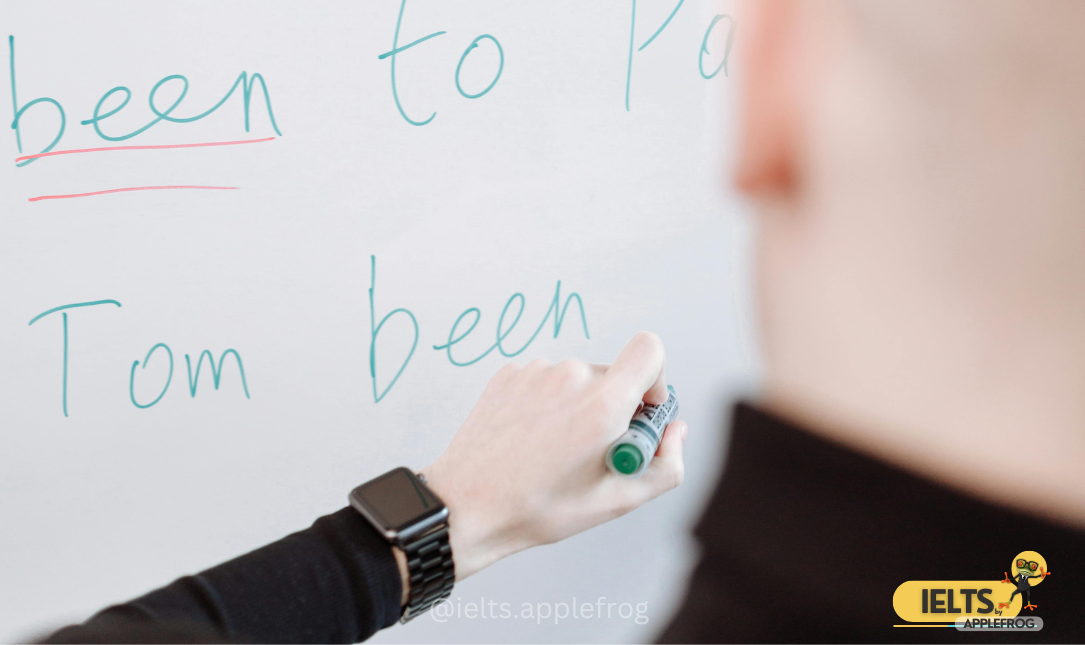
What Is the Future Continuous Tense?
The future continuous tense, also known as the future progressive tense, describes actions that will be ongoing or in progress at a certain point in the future. It emphasizes the continuity of future actions or events.
Formation of the Future Continuous Tense
The future continuous tense is formed by combining the auxiliary verb “will” (or “shall”) with the present participle (-ing form) of the main verb.
Example: “They will be playing soccer.”
Uses of the Future Continuous Tense
- Ongoing Future Actions: Describes actions that will be happening in the future.
Example: “I will be studying for the exam tomorrow.” - Specific Time or Period: Indicates actions in progress at a defined time.
Example: “She will be working on the project all afternoon.” - Predictions or Assumptions: Based on current evidence, forecasts future actions.
Example: “He will be traveling for business next month.” - Polite Inquiries or Requests: Used to ask about someone’s future plans politely.
Example: “Will you be attending the meeting tomorrow?”
Examples of the Future Continuous Tense
- “I will be studying all night for the exam.”
- “They will be traveling in Europe this summer.”
- “She will be waiting at the airport for her parents.”
- “We will be watching a movie at the theater tomorrow evening.”
- “He will be working on the project until late tonight.”
Time Expressions Commonly Used
- Specific Time References: Words like “tomorrow,” “next week,” “at 6 PM,” or “for three hours” indicate when the action will occur.
Example: “She will be working on the report from 9 AM to 12 PM.”
Negative and Interrogative Forms
- Negative Form: Add “not” after the auxiliary verb “will.”
Example: “He will not be attending the party.” - Interrogative Form: Invert the subject and the auxiliary verb “will.”
Example: “Will you be coming to the event?”
The future continuous tense highlights actions that will be in progress at a specific time in the future.
Additional Points
- Show Continuity: Perfect for highlighting actions in progress at a future time.
- Plan Polite Inquiries: Makes future questions sound polite and considerate.
- Forecast Events: Useful for making informed predictions or assumptions.
The future continuous tense helps us paint a clear picture of actions or events expected to occur in the future. By mastering its use, you can effectively communicate plans, predictions, and ongoing activities in English.
RELATED POST












 Here can be your custom HTML or Shortcode
Here can be your custom HTML or Shortcode
0 Comments